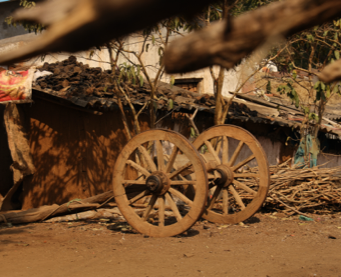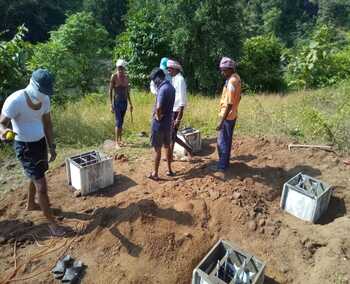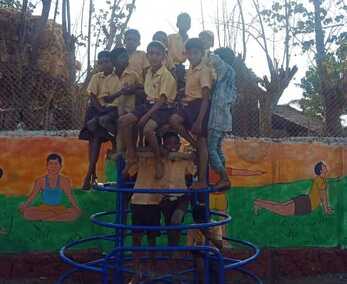Stories of change Jhambulpada Jambhulwadi
Teacher duo revolutionize Jambhulwadi school, village
By Dev Kotak
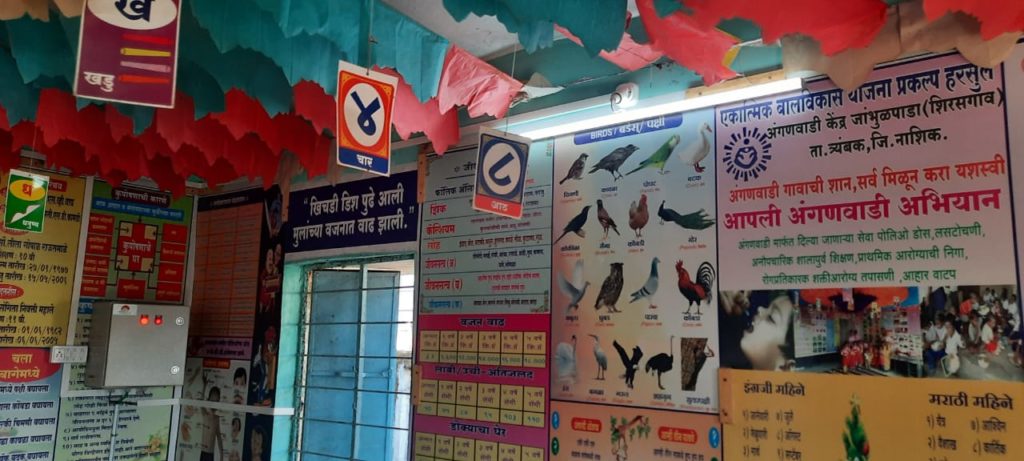
The transformation is a glowing example of the power of the collective, and has been built on the twin principles of bhoodaan (donation of land) and shramdaan (voluntary contribution involving physical activity). In other words, the big landowners agreed to donate some part of their land for the larger cause of the village while the small peasants toiled away to meet these goals.
This intervention was led by Project Chirag in alliance with their grassroot partner, Diganta Swaraj Foundation.
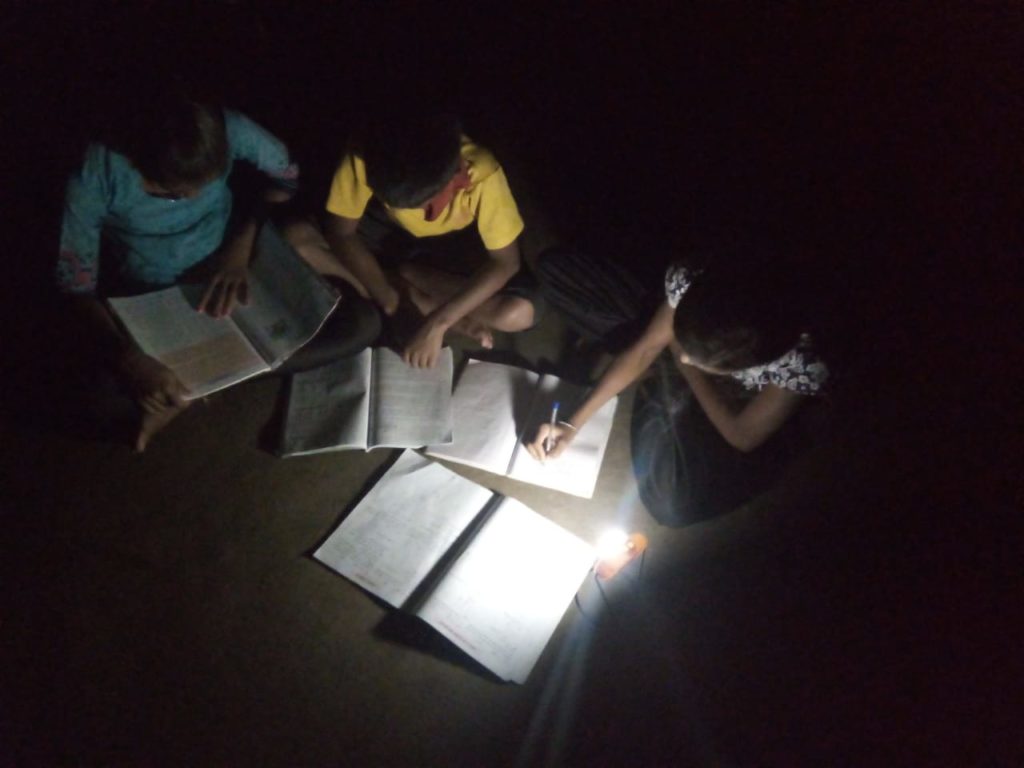
My wife and I have always yearned to go beyond the normal, usual curriculum-based teaching. It is important for children to learn other life skills and become smart overall. Teaching children what is going on outside the classroom is the need of the hour. The vision was to transform the school and quality of education being imparted so we made the changes on our own. Things like a village school having its own garden or even a compost plant on the premises really helps children learn.
- Kokane
Like in many hamlets across the state, Project Chirag has supported an Integrated Village Development project in the Adgaon main village in January 2020, which has already seen a huge transformation and zero migration. Many adjoining hamlets in the Adgaon Gram panchayat came forward with a request for similar support and Jambhulwadi was one of them, led by their visionary teachers. Members from Project Chirag were surprised when they were approached by Kokane for installation of solar lighting for the school at a time when the entire village was in darkness. A teacher using education as a tool to empower and change the destiny of this village is beyond remarkable.
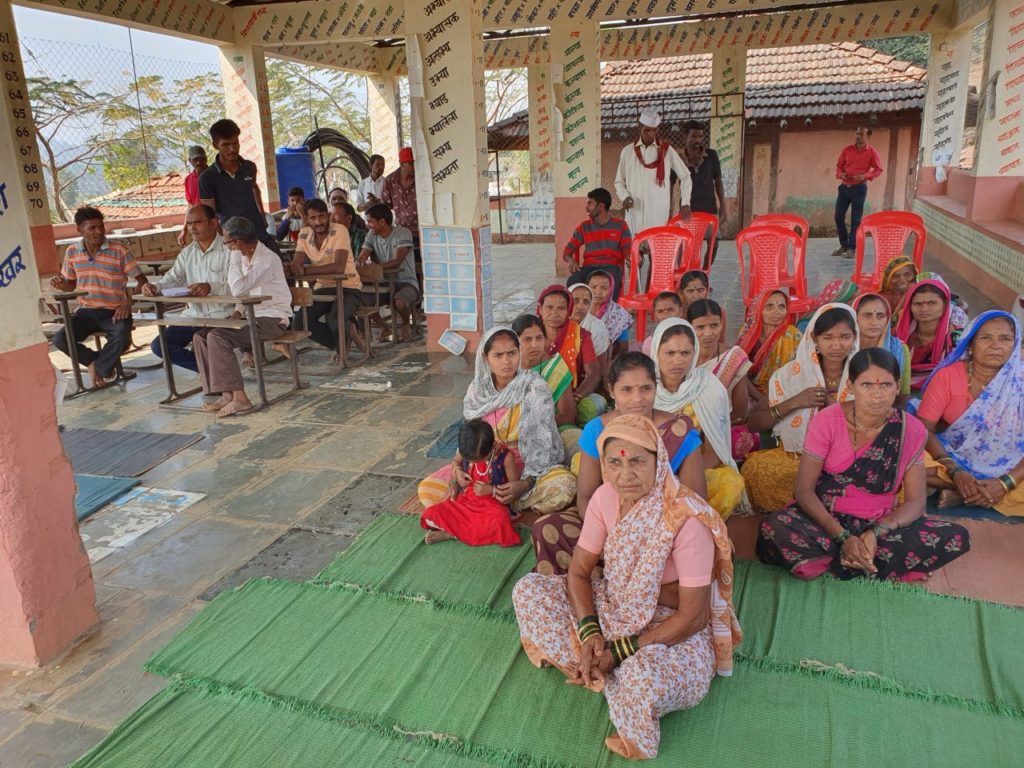
The tap water facility was followed by the construction of public toilets in the hamlet. This has brought down the instances of open defecation and made the women feel safer.
“Earlier, we had to wait till the dark or venture out very early in the morning to the fields. And it was always embarrassing to take someone along to relieve ourselves. [But] after the construction of toilets, we don’t have to worry about our security,” says another woman anonymously.
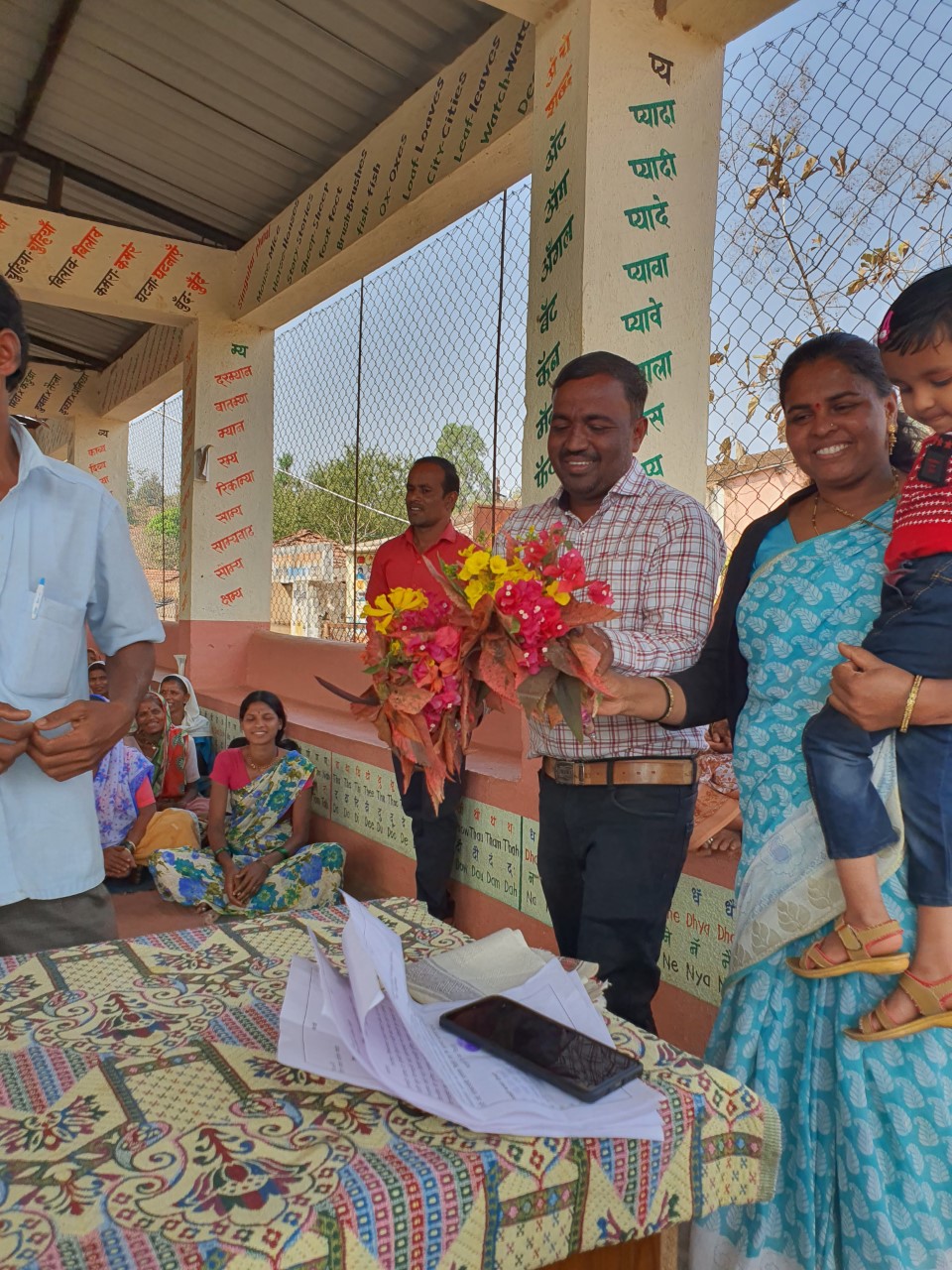
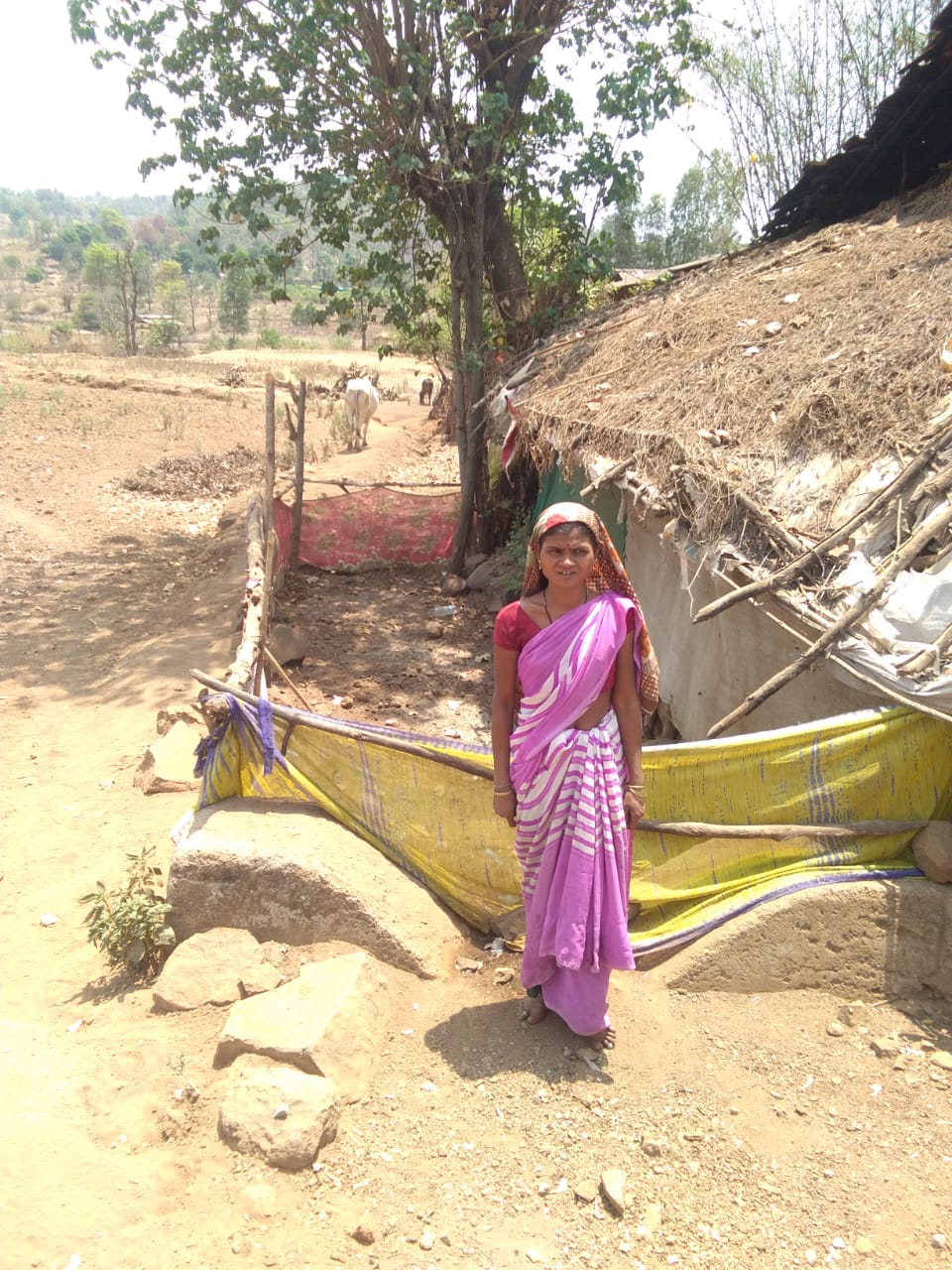
The teachers are one step closer to realizing their dreams for the Jambhulwadi school. “I wanted that our village should be known for and be recognised as the best in Nashik district, because earlier it was quite backward in studies and overall education. My wife and I worked tirelessly to change the way the school looks and the kind of not just academic-based learning it offers. We introduced and started offering more programs, converted it into a digital school and changed teaching methods to suit the needs of the students. With the intervention by Project Chirag, the children are also encouraged to attend classes.”
Clean energy and lighting have had far-reaching effects. Around 108 households in Warghadpada today have solar home lighting systems comprising of two bulbs, mobile charging facility and a portable lantern installed under Project Chirag. The farmers are able to save close to Rs100 per litre, which they would earlier spend to run the kerosene lamps. The lamps would also give off dangerous fumes, which the villagers don’t have to put up with any more.
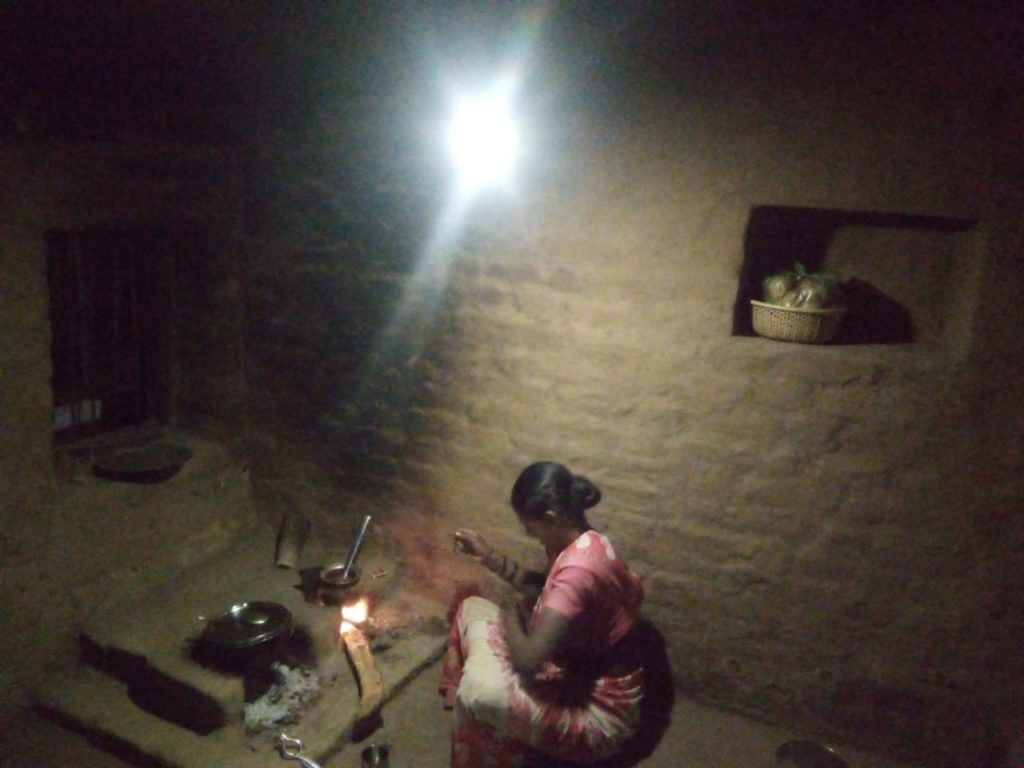
It is not the first time that we have come across teachers going beyond their call of duty, but the story of education in rural India is telling. Every village needs agents of change like Konkane and Adhav to offer education as a building block of life, but to be able to do it sustainably, is truly inspirational.
These sustainability programmes have addressed the issue of migration in this tribal village. Labourers, who had returned to their homes during the pandemic, now grow and sell their farm produce in the open markets.
However, education does remain a challenge and it has suffered further because of the pandemic. On the one hand, schools and junior colleges within the Zila Parishad aren’t fully equipped to impart e-learning. On the other hand, many children haven’t been able to take online classes since the lockdown because their parents do not own a phone, leave a smartphone.
